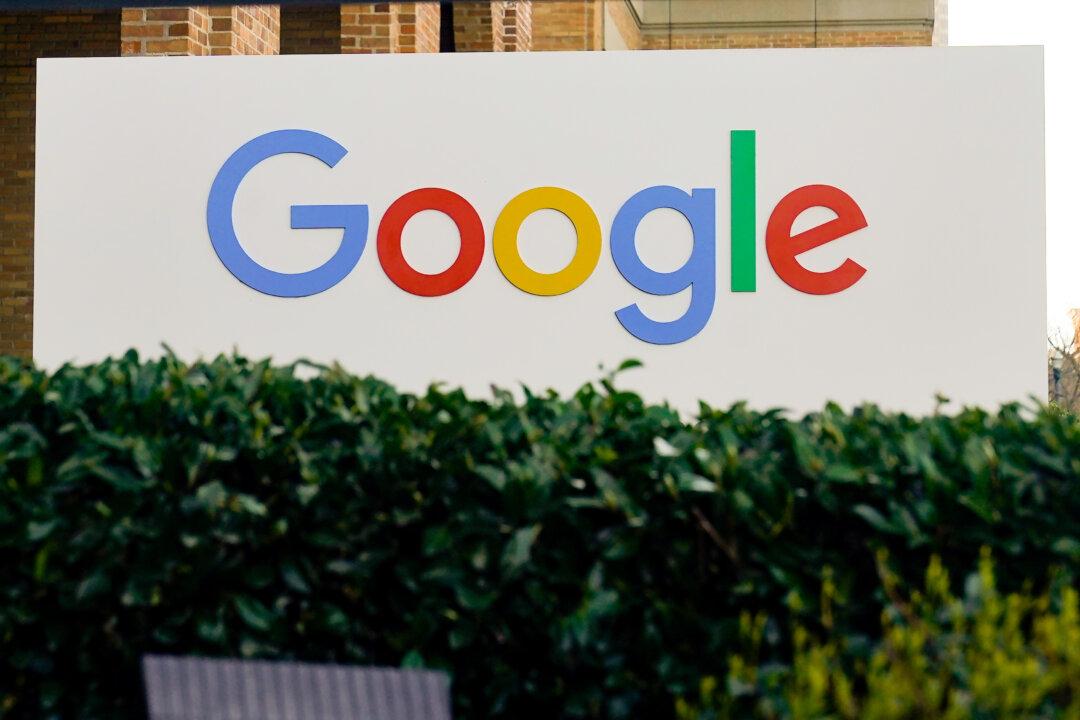Google on Thursday introduced a new feature that allows people to request that their personal explicit photos be removed from its search results.
People already have the ability to remove non-consensual explicit images of themselves from Google Search, but the tech giant is updating this feature to allow them to remove any of their explicit images, including those shared with consent at the time.





